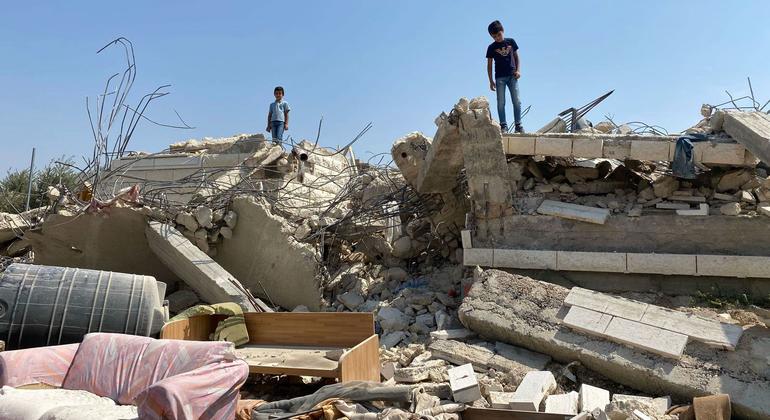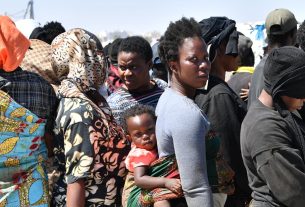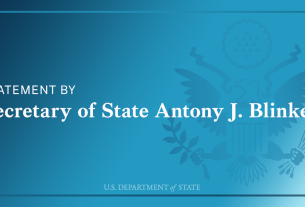Tor Wennesland described the deaths – during an intense gun battle at a refugee camp in the city of Jenin – which included militants and reportedly, an elderly woman, as another “stark example” of the escalation in violence.
The Israeli military said that troops were involved in an operation at daybreak to arrest Islamic Jihad militants. The Palestinian presidency reportedly described it as a “massacre”, and announced afterwards that it would suspend security coordination with Israel across the West Bank.
Around 20 others were seriously injured during the raid, according to news reports, which was reportedly the deadliest single day in the Occupied Territory for years.
Up to Thursday, around 20 Palestinians had reportedly been killed in the West Bank so far this year – including a 14 year old boy – following a major uptick in violence last year, when more than 150 Palestinians, and 20 Israelis were killed in the West Bank and Israel.
The large military operation targeting the suspected militants is the latest in a series of Israeli raids that have been on-going for nine months.
‘Negative trends’ continue
The UN Special Coordinator said that since “the beginning of this year, we are continuing to witness high levels of violence and other negative trends that characterized 2022.”
He called for tensions to be reduced immediately, to prevent further loss of life.
Mr. Wennesland urged both Israeli and Palestinian authorities to restore calm and avoid further violence.
2023 humanitarian appeal launched
The UN aid coordination office OCHA on Thursday along with humanitarian partners working in occupied Palestinian territory (oPt) launched a $502 million appeal to support around 1.6 million of the most vulnerable living there.
The 2023 Humanitarian Response Plan estimates that 2.1 million Palestinians need assistance. They represent 58 per cent of the population in Gaza and a quarter of people living in the West Bank, said UN Spokesperson Stéphane Dujarric, briefing journalists at the regular daily briefing in New York.
He noted that the plan would fund more than 200 projects, “which will help people access essential services, such as food, water, health care and education, as well as ways to earn a living and support to improve their mental and physical wellbeing.”



